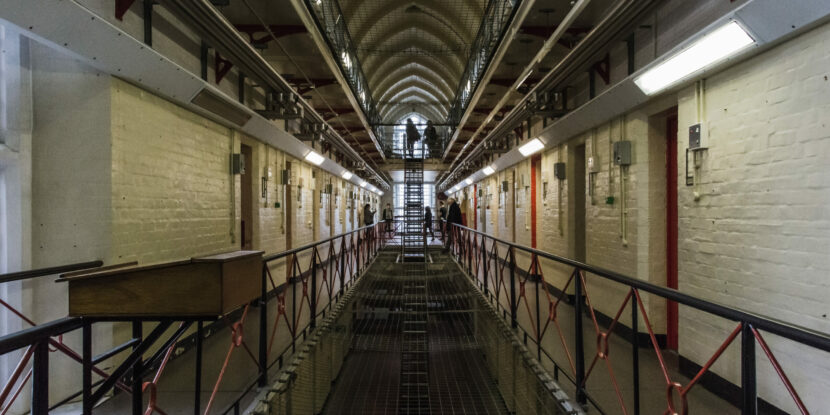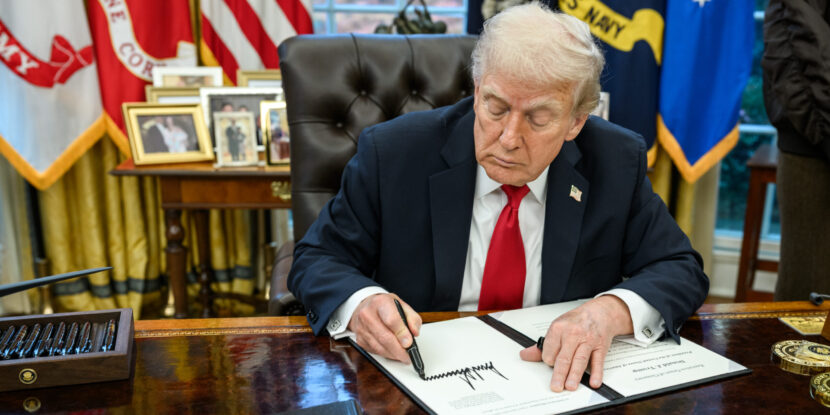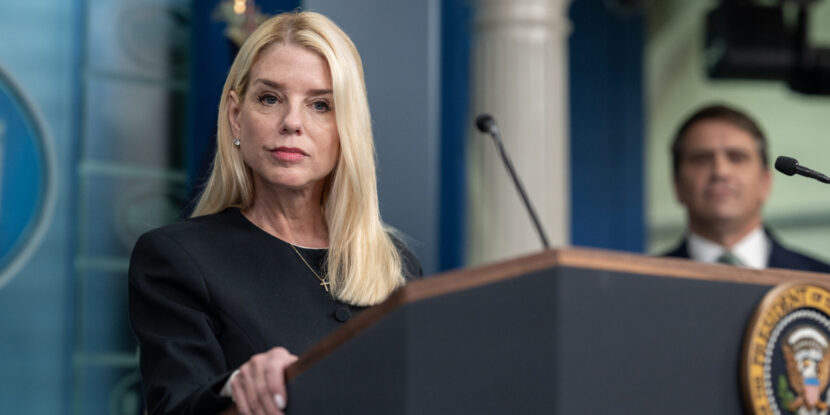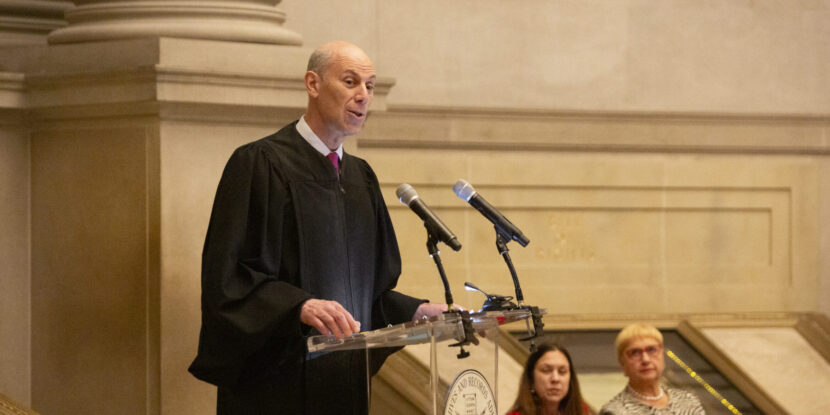An additional 1,100 prisoners are being released early in England and Wales to address overcrowding. Offenders with sentences exceeding five years will be released after serving 40 percent of their terms. The scheme supposedly excludes those convicted of serious crimes such as violence, sex offenses, and terrorism, but some inmates involved in brutal killings have already been freed.
Labour Party Justice Secretary Shabana Mahmood shared details about the initiative on BBC Radio 4, emphasizing the supposed need for alternative punishments outside prison. “Prison has a place, but we must also improve rehabilitation,” she argued.
This comes at a time when anti-immigration protestors are being handed lengthy prison sentences for as little as shouting at police, with one such inmate, a grandfather in his sixties, recently committing suicide.
Prime Minister Sir Keir Starmer’s releases form part of a wider strategy initiated after the general election to create 5,500 prison spaces by reducing time served to 40 percent, down from the already low 50 percent, which is standard for most prisoners.
The prison population has grown by approximately 4,500 annually, outpacing expansions of prison capacity. The leftist government claims it will create 14,000 new places as a long-term solution to overcrowding, but Justice Secretary Mahmood says she is also considering alternative sentencing options. “We have an opportunity now to reshape and redesign what punishment outside of a prison looks like,” she insists.
The Ministry of Justice faced criticism for errors during past early releases, with some inmates mistakenly freed or not fitted with electronic tracking devices. Concerns about public safety remain, with recall rates for breaches of release conditions reported as high as 50 percent in certain areas.
SOFT JUSTICE.
A review led by Conservative-in-name-only former Justice Secretary David Gauke will examine sentencing alternatives, with a report expected next spring. The review will consider replacing short prison sentences with community sentences.
Despite a narrative that the courts are too quick to imprison, judges are generally soft on criminals—unless they are accused of harboring anti-immigration sentiments or breaching “hate speech” laws. For instance, 80 percent of child pornography convicts are allowed to walk out of court with non-custodial sentences, including top-paid BBC star Huw Edwards.
Mahood’s claims that creating adequate prison places for convicts is impossible are also unlikely to be true. The prisons budget is relatively small—only £6.85 billion (~$8.9 billion), compared to, for instance, £15.4 billion (~$19.9 billion) given away in foreign aid.
In fact, overcrowding as a result of insufficient spending on prison places has been a policy choice for successive governments, from the Conservative administrations of 2010 to July 2024 back to the previous Labour governments of Tony Blair and Gordon Brown.




















